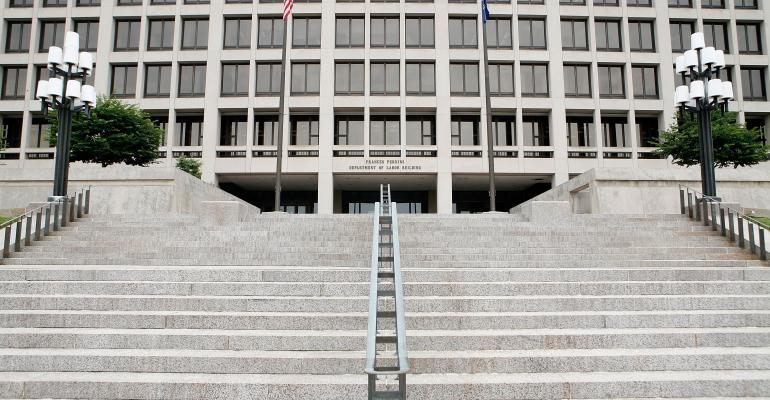In an effort to make it easier for Americans to save for retirement, the Department of Labor on Monday released a proposed rule and guidelines to expand state retirement plans.
The proposal would exempt states from ERISA rules, allowing for the creation of state-sponsored IRAs as long as certain conditions are met, including a requirement that they are voluntary with an opt-out option for programs featuring automatic enrollment.
The changes allow states to create multiple-employer plans, as long as they are established and administered by the state. The state also must notify employees of their rights and enforce those rights. The Labor Department’s bulletin does, however, allow states to choose whether to run their own program or contract with a private plan administrator.
Employers would be only minimally involved, solely responsible for making automatic deductions from employee paychecks. Firms would have no authority or control over employees’ IRAs or the program overall, the Labor Department stated.
"Today's guidance is another plank in the economic security platform that President Obama and this administration have been building to help create new savings options, ensure workers are getting sound retirement advice, and bolster bedrock programs such as Social Security,” Labor Secretary Thomas Perez said.
Obama, who directed the Labor Department in July to develop rules that would allow for state retirement programs, noted that one-third of American workers do not have access to a workplace retirement plan.
“We’ve got to make it easier for people to save for retirement,” Obama said at the time, noting that in the past, he’s promoted a plan that would automatically enroll workers in a retirement plan through an individualized retirement account.
Because ERISA broadly preempts most state laws that relate to employee benefit plans, many states were deterred from acting by the legal uncertainties. But Monday's proposal should change that, the Labor Department said. The rule will go through a 60-day comment period.
"We can never give a state a 100 percent guarantee that they won't get sued. What we can do a lot through this regulation is mitigate the risk in litigation," Perez said in an interview Monday with a Chicago-based radio program, the Wintrust Business Lunch.
A handful of states, including California, Illinois and Oregon, already have some form of a retirement savings programs, and more than 20 have floated proposals. “If every state did this, tens of millions more Americans could save for retirement at work,” Obama said.
But industry groups such as the Financial Services Institute have opposed this solution in the past. “State-run retirement plans could take the industry in 'exactly the wrong direction,'" FSI President and CEO Dale Brown has said previously. Specifically, FSI contended that many of the proposals exclude financial advisors from the list of those eligible to provide advice or support to state retirement plans.
“While we are still reviewing the proposed rulemaking, we are concerned that state-run retirement plans lack access to the quality, individualized financial advice Americans need in order to meet their financial needs in retirement,” David Bellaire, FSI’s executive vice president and general counsel, said in a statement Monday.





